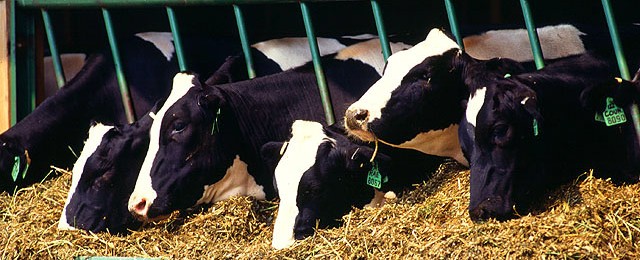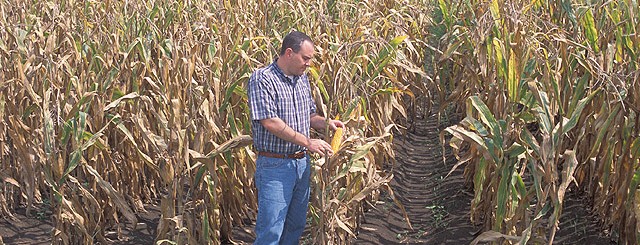-

Dr. Cliff Mass of the University of Washington has a nice discussion of how the weather conditions across the United States are expected to change as the sun goes dark tomorrow with the solar eclipse. In the Southeast, temperatures could drop by more than 10 degrees in some areas near totality. You can read about…
-

I’ve heard stories from folks from time to time about how their aches and pains and headaches are correlated with a variety of weather conditions. Maybe you have too. But a recent research report published earlier this month, there is very little physical evidence to prove it. The researchers found that Google searches related to…
-

According to an article recently published in Nature magazine, the last very large El Nino created a surge in carbon dioxide in the global atmosphere which added to amounts already being added by manmade pollution. According to the article, “Measurements taken by NASA’s Orbiting Carbon Observatory-2 (OCO-2) satellite, which measures the level of carbon dioxide…
-

The latest 7-day QPF map shows that inland areas of the Southeast should receive below normal rainfall this week while coastal areas, especially in Florida, receive more. A pesky front will move slowly back and forth across the area, bringing rain to the areas near the frontal convergence while leaving others dry. Even with less…
Posted in: Climate outlooks -

Traffic in advance of Monday’s total solar eclipse is already causing blockages of some roads leading into and out of the region of totality. Dairy farmers there depend on regular movement of trucks into and out of the area to bring in feed and take away milk, so they have been concerned about how the…
-

Clint Thompson of the University of Georgia pointed out in a recent article in Growing Georgia that irrigated corn has done less well this year in terms of expected yield than dryland corn. The combination of conditions that may be too wet for corn coupled with the lack of sunlight due to the cloud and…
-

NOAA released their latest global climate summary today for July 2017. Their analysis shows that for the earth as a whole, it was the 2nd warmest July on record just barely behind 2016 by 0.09 degrees F since records began in 1880. The total for the year to date from January to July was also…